Nate Winchester’s Review of The Winchesters 1.06 – “Art of Dying”
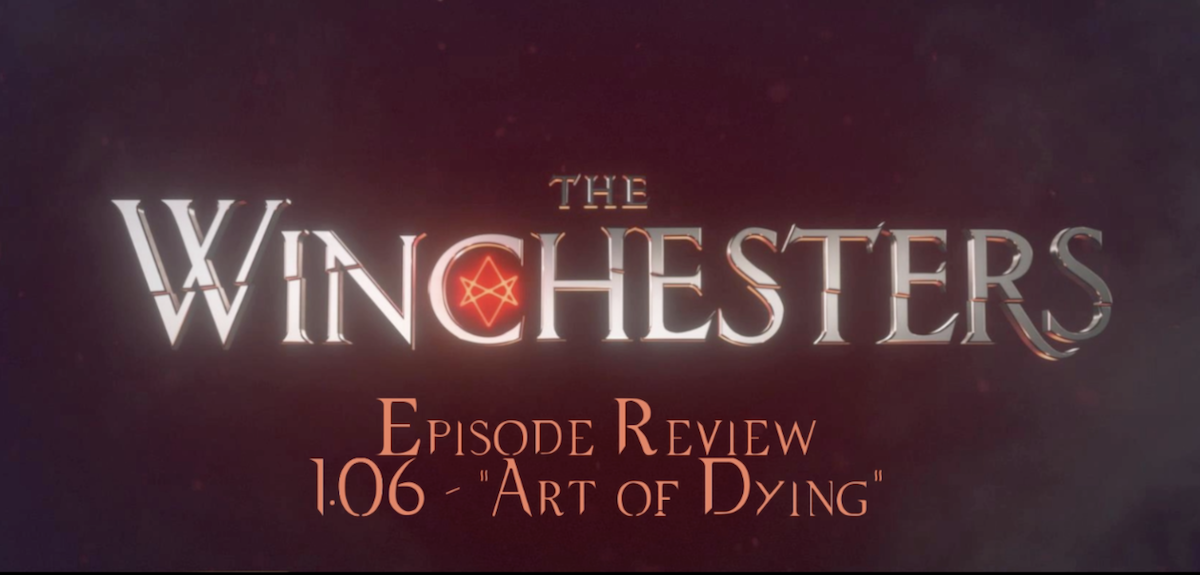 It’s not a bad episode…
It’s not a bad episode…
Final Score: ![]()
![]()
![]()
Here’s the Star Trek: Deep Space Nine documentary I talked about:
What We Left Behind: Looking Back at Star Trek: Deep Space Nine
Unfortunately, I couldn’t find a clip or segment of just the writer’s room to embed in my review but I did find an image of it which I hope gave you the idea. Click the “Watch on YouTube” link to see the entire documentary, What We Left Behind: Looking Back at Star Trek: Deep Space Nine. You’ll have to sign into YouTube because the video is “unrated” but it’s about writing the show and its characters, so nothing beyond some PG clips of the DS9.
Something I wanted to explain which I’m not sure I could convey well in video (and it may not go well here) is the problem of “time.” In storytelling, though it seems like you can bend or twist time to suit your needs, the simple fact is that you cannot cheat time – and by that I mean the time of your audience. A longer story feels more deep, usually has more impact with people than a shorter one because of the time the audience has in the characters. For example, a character who walks into a room and starts breaking down at the sight of ice cream and spills details about some tragic past is not going to have the same impact as a story that spent time beforehand hinting at, showing signs of, laying down the mystery and making the ice cream revelation a climatic revelation.
In fact, you may notice comedies will very often will play dramatic matters exactly like that. By having a dramatic moment come out of nowhere with no prior indication, it almost always works better as a laugh than as actual drama.
What this means is that if you want an impactful moment on your show, it is better to spend every spare second working towards and building towards that moment than to try and wring drama at the last minute. Yes, sometimes the actors or actresses are not able to adequately deliver the material they are given, but it’s not helpful to them to never have their scenes properly set up. Latka’s pacifism and family life were two whole lines up to this point in the season. There was never any sense that either formed a real core background to her character – her life. Heck, we saw more examples of her being boy-crazy than a pacifist. (Which is fine, she’s a beautiful young lady that I would love to see find a great guy.)
Mary meanwhile seems to have just slightly more consistency with her issues with hunting, but again it feels like every writer has interpreted this fact about the character differently.
Episode 1.07 is going to be the midseason finale. By all accounts this season is going to be 13 episodes and no more, so the show has no extra time to spare. This means things like character traits need to be dealt with not just during climatic 3rd acts of an episode, but in every opportunity that’s available. Yes, you can overplay your hand and make it annoying, but it’s a lot easier to reach that point, and then trim stuff out than to not try at all and realize later on you need an emotional impact that you’ve not spent any time setting up.
To just use one example – remember in episode 1.04 “Masters of War” Latka holding the vase?
Ironic, isn’t it? That a god’s immortality be tied to something that appears so…
That line could have easily been replaced with something related to her pacifism here. Maybe she proposes an alternative, (“can we ask the god to leave?”) maybe she just expresses disapproval of a deity so tied to violence.
I know on an ensemble show it is customary to have an episode be a “focus” of one of the characters for its runtime, but we have 4-6 for this show and – again – only 13 episodes. That’s only 2 per character. Thus, they need to stop following the usual formulas and give something to as many characters as possible in every episode. Even if it’s just a line or two, it just has to be something so when the focus rolls around, it feels real to the audience and has an impact the writers intend.



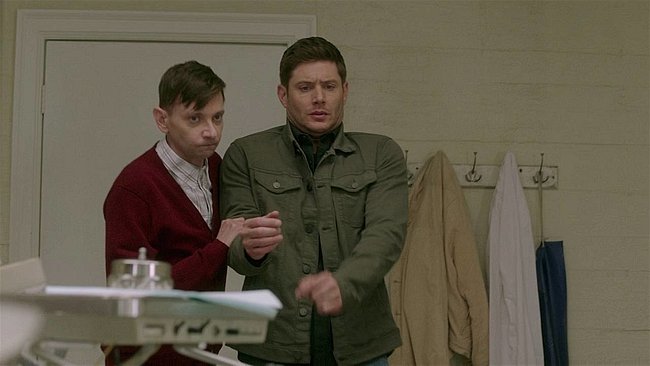
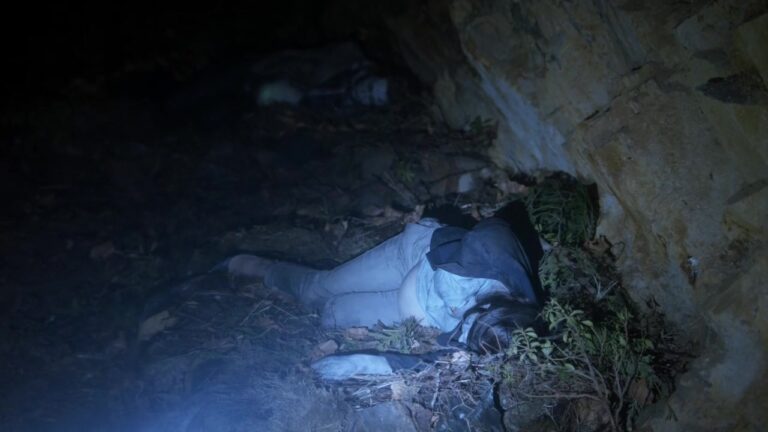
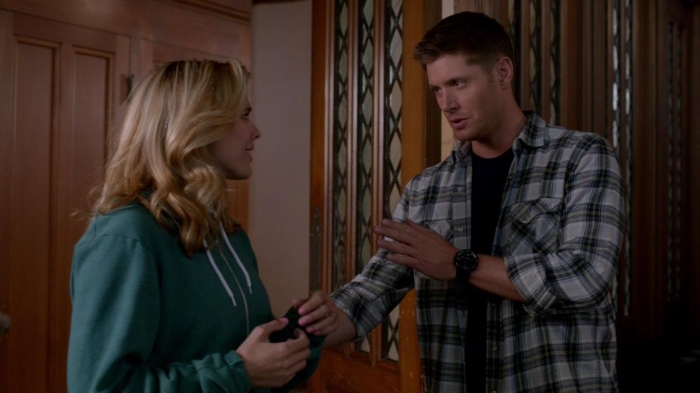

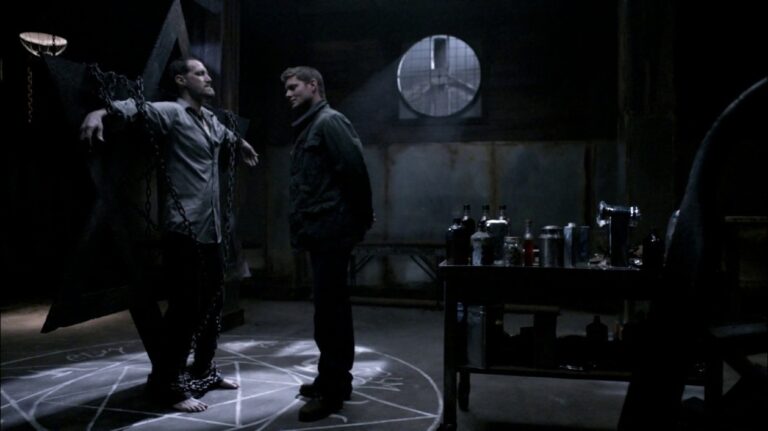
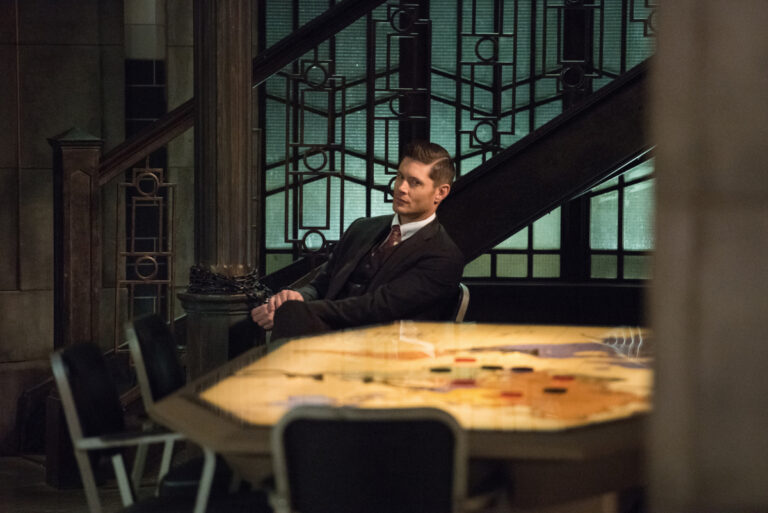
Leave a Reply